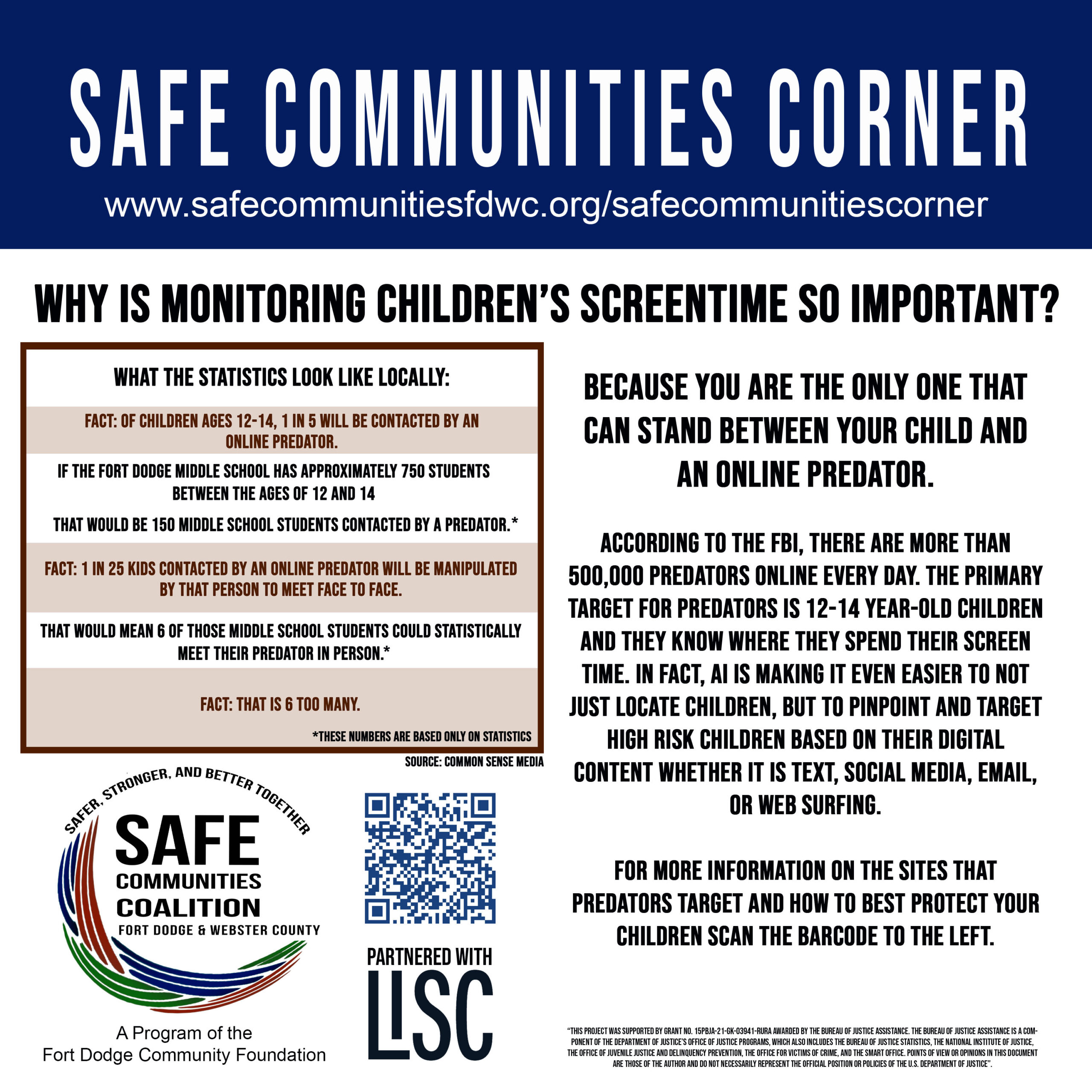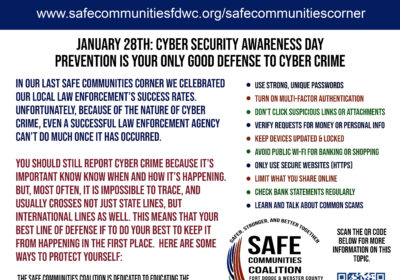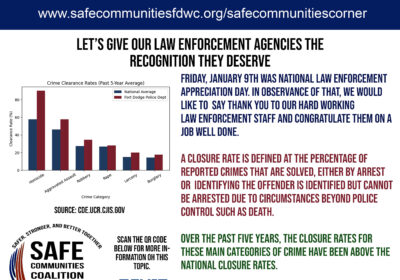As parents, our natural instinct is to protect our children at all cost. Time and time again, mothers everywhere wake suddenly early in the morning to watch for the rise and fall of their baby’s chest when their infant sleeps through the night for the first time. If a father has to brake suddenly with his teenager in the passenger seat, his arm instinctually reaches out to cross in front of his child in the hopes of shielding them from what might come. The drive to protect our children runs deep.
As you lock up your home tonight to keep intruders out, consider who still has access to your children long after you turn that deadbolt. If your child is in a basement or bedroom with devices that have access to the internet, cameras, and chat features, ANYONE could be in that room with your child. We’d all like to believe that they are only talking to kids they know, but the truth is, it is far too easy for a predator to make his way into your child’s circle of ‘friends’ through games and social media. Once there, is it only a matter of your child believing an experienced groomer for them to give out personal information such as an address or phone number. You’re children are only truly safe if you close those doors too.
How do you close those doors? There are many things you can do. Be aware of the games your children play and the apps they have on their phone. Last week we talked about various apps that can be used to monitor time spent on the phone. Many of those can also be used to block or set limits on certain apps or websites or at certain times of the day, like bedtime.
Here are some other ways to keep your kids safe:
- Don’t allow technology in bedrooms. Keep all computers, game systems, and phones in high traffic areas of the home.
- Set parental controls on your router
- Talk to your children EARLY and OFTEN about online safety: I heard it once said, “If your kids aren’t rolling their eyes every time you bring it up, you aren’t saying it enough.” Here is a great resource for talking to your kids about online safety.
- Be a safe place for your child to talk to about what they see online. In other words, don’t freak out. Teaching your child how to navigate situations they are unsure of is probably more important than preventing them in the first place.
To see a list of online games predators use to gain access to children and how to use their parental controls please click here.
The bottom line is that it is up to you to stand between your child and an online predator. If you maintain a good relationship with your child, be the person they go to when they have questions or problems, and help them safely navigate the craziness that is the online world, you will give your child the skills they need to make good decisions when you’re not watching.




